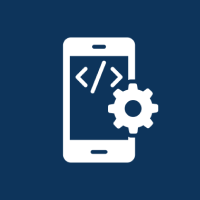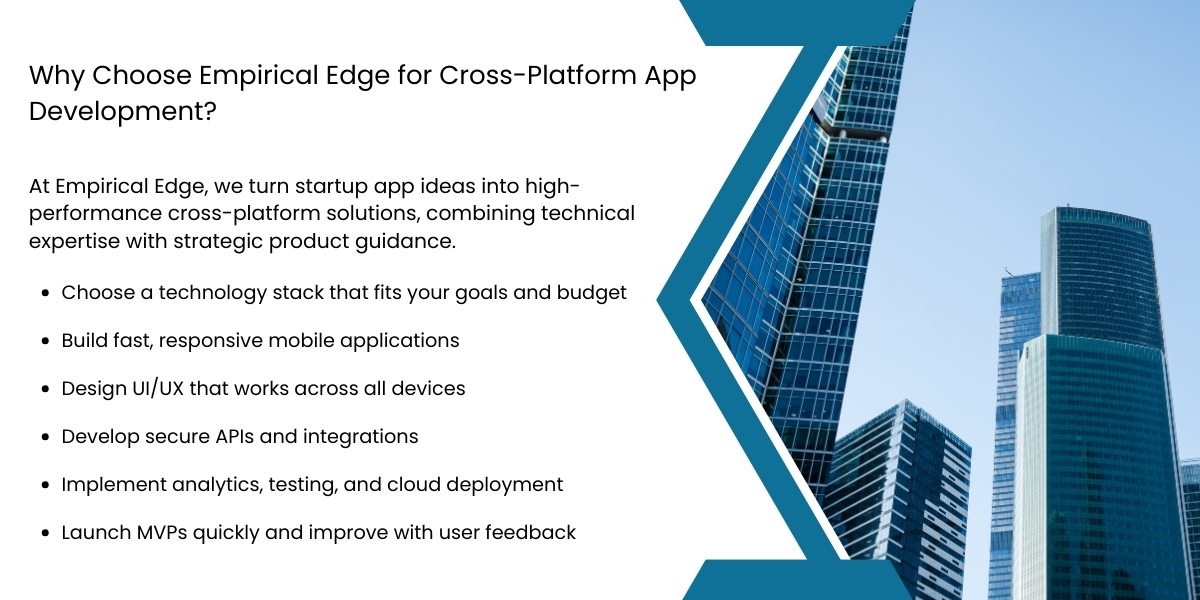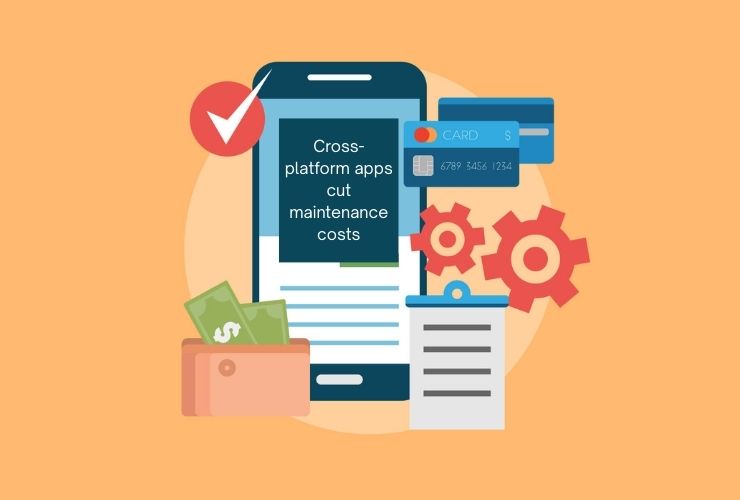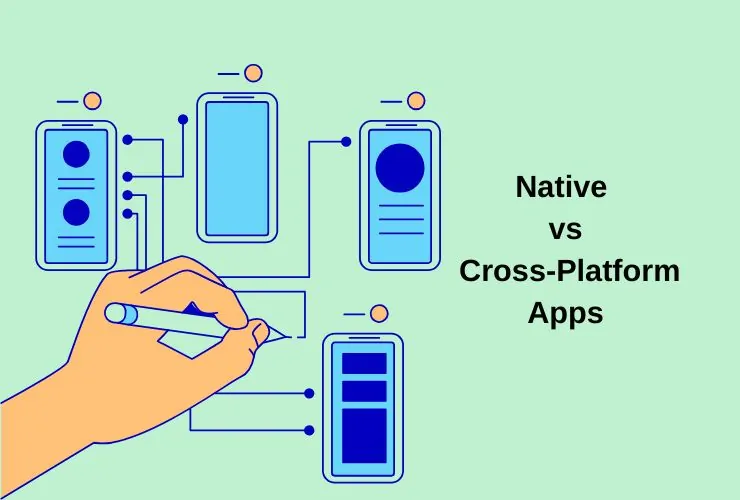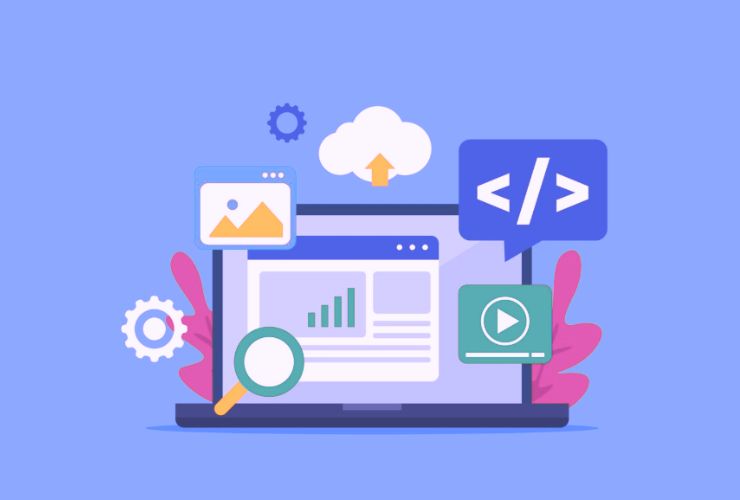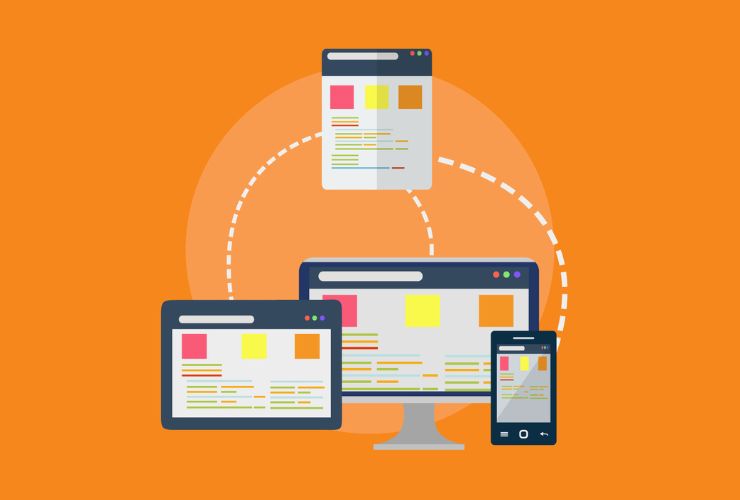For startups operating with limited budgets and tight timelines, efficiency, speed, and scalability are essential. choosing the best approach to mobile app development is one of the most important strategic decisions a start-up has to make during the early stages of developing a digital product.
This is where cross-platform development comes into play and is a true game changer.
Instead of account for developing iOS and Android apps separately, new mobile app developers can simply use the same codebase to build apps for both. This huge gain in efficiency and speed also helps keep costs down, and allows the startup to test, launch, and scale their ideas faster than ever before.
Let’s take a closer look, why cross-platform app development is the ideal choice for startup founders and tech teams, and how it prepares for fast growth.
1. Faster Time to Market
Most startups race to build their MVP to gather user feedback quickly. Cross-platform frameworks like Flutter and React Native help developers write one set of code for multiple platforms. This speeds up delivery and drastically reduces time to market.
With less time spent on development, research, and frameworks, startups can launch quicker to beat competitors, while also creating valuable feedback loops early in the product lifecycle. And if the startup is obtaining feedback faster, than they can also improve faster, pivot faster, and build iteratively faster.
2. Cost Effective Build
Budget constraints are a reality for most early-stage startups. Building native applications on both iOS (Swift or Objective-C) and Android (Kotlin or Java) will require building apps with two development teams, doubling the development costs. Cross-platform development can achieve lower development costs by eliminating duplicated code assets across platforms and using a common codebase.
You are able to use the savings derived from app development into other essential expenses including user acquisition, growth marketing, backend infrastructure or analytics, resulting in a net gain in financing to help fuel startup growth.
3. Common User Experience
User experience plays a huge part in how a product is viewed and how likely a user will stick around. Using a common codebase help create hope a similar look, feel and behavior of the app across both platforms.
Frameworks, like Flutter, are awesome for creating pixel-perfect UI elements and retention of design flexibility. They will also allow the startup to stay true to brand guidelines and create a seamless user experience—regardless of the type of device being used.
4. Simpler Maintenance and Updates
Maintaining two separate codebases for iOS and Android is a substantial investment. With a cross-platform application, developers will only have to make programming changes in one codebase. This greatly simplifies developing fixes to bugs, rolling-out new feature releases and applying security patches.
Startups can stay lean, reduce maintenance overhead, and respond to user needs faster—all while maintaining app stability and performance.
5. Access to a Bigger Market
When you launch your product on both iOS and Android at the same time, you’re able to maximize your potential market from day one. This can be valuable for startups seeking fast growth, useful for attracting investor interest, and powerful for winning users in international markets where only iPhone or Android devices are preferred by users.
A bigger markets means more data, more iterations, and more traction in the early stages of growing your user base.
6. Built for the Long Term
Startups usually begin with an MVP but often envision building feature-rich products on a strong technical and infrastructural base. React Native and Flutter, two leading cross-platform frameworks, go beyond MVPs. Companies like Meta, Google, and Alibaba use them to build scalable, enterprise-ready solutions.
With the right architecture, cross-platform apps can handle growth easily: growing audience, more complex feature set, increasing third-party dependencies, and changing product goals without a full rebuild.
Conclusion
Cross-platform app development is an advantage for startups wanting to get to market quickly to validate their ideas and scale efficiently. Cost savings, speed, quality, and ongoing growth can all be accomplished without the restrictions of a particular platform.
In a rapidly changing digital space, being able to build one time and deploy everywhere is not just a nice-to-have, it’s a competitive advantage. When your startup is ready to build its next mobile app, be sure to team up with a team experienced not only in technology but the hustle it takes to grow one as well.
Build Your Startup App Faster
Empirical Edge helps startups develop high-performance cross-platform mobile apps that reduce costs and accelerate product launches.
Frequently Asked Questions
Startups prefer cross-platform development because a single codebase can run on multiple platforms like iOS and Android. This reduces development time and costs while allowing faster product launches.
Cross-platform development lowers costs by eliminating the need to build separate native apps. Startups can use one development team and one codebase instead of maintaining multiple applications.
Yes. Cross-platform frameworks allow developers to write code once and deploy it across multiple platforms, significantly reducing time to market and enabling faster MVP launches.
Yes. Cross-platform apps launch on multiple platforms simultaneously, allowing startups to reach more users and expand into global markets faster.
Yes. Cross-platform applications can start as MVPs and scale into full-featured products, making them ideal for growing startups and evolving business needs.


